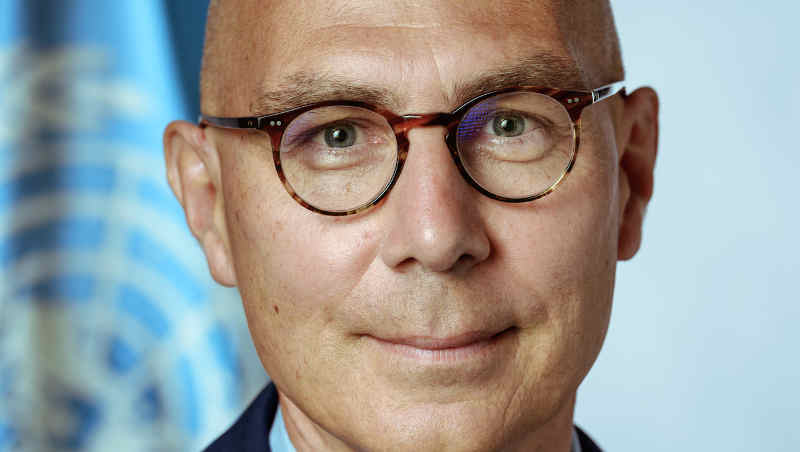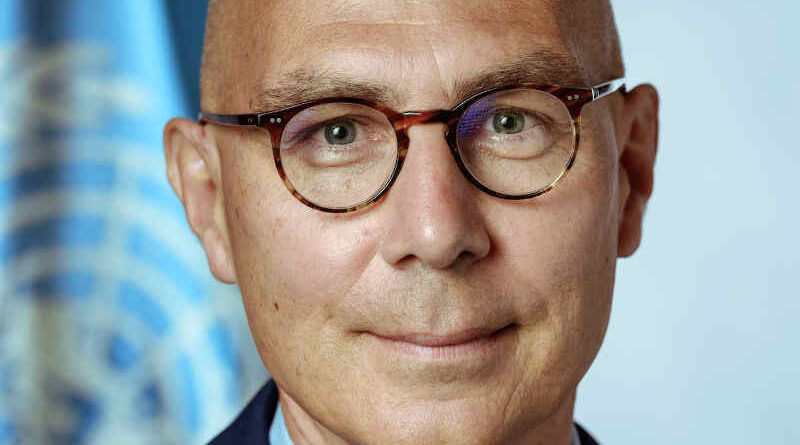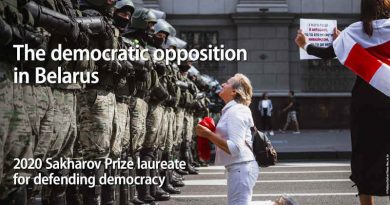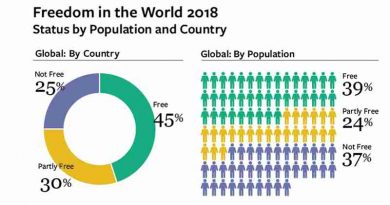Human Rights Situation Worsens in Myanmar: Volker Türk

Human Rights Situation Worsens in Myanmar: Volker Türk
Parties to armed conflicts must take constant care to spare the civilians and civilian objects.
Three years after the military launched a coup, Myanmar’s ever deteriorating human rights crisis is now in freefall, with insufficient world attention paid to the misery and pain of its people, UN High Commissioner for Human Rights Volker Türk said today (January 30).
“Amid all of the crises around the world, it is important no one is forgotten. The people of Myanmar have been suffering for too long. Since the end of October last year, their situation has deteriorated even further as a result of the long-established tactics of the military to target them,” he said ahead of the anniversary of the coup on 1 February.
“Pitched battles between the military and armed opposition groups have resulted in mass displacement and civilian casualties. As the military have suffered setback after setback on the battlefield, they have lashed out, launching waves of indiscriminate aerial bombardments and artillery strikes.”
Sources have verified that over 554 people have died since October. Overall for 2023, the number of civilians reportedly killed by the military rose to over 1,600, an increase of some 300 from the previous year. As of 26 January, credible sources had documented the arrest of nearly 26,000 people on political grounds – of whom 19,973 remain in detention, some reportedly subjected to torture and abuses, and with no hope of a fair trial. Over the last three years, some 1,576 individuals have died while being held by the military.
“Military tactics have consistently focused on the punishment of civilians who they view as supporting their enemies,” said Türk. “As a result, the military has routinely targeted civilians and protected objects under international humanitarian law, especially medical facilities and schools.
“Indiscriminate shelling and airstrikes underline the lack of measures to protect civilians on the ground, including disruption of basic communications that would help warn civilians in advance of fighting so they could get out of harm’s way.”
[ Volker Türk Makes Shallow Statements, But Fails to Protect Human Rights ]
Communications and internet services in some 74 townships, including most of the 17 townships in Rakhine State, are experiencing partial, intermittent or total shutdowns.
Rakhine State has been particularly hard hit since fighting restarted there in November. Many communities, especially the Rohingya, were already suffering from the impacts of Cyclone Mocha and the military’s months-long limitation of humanitarian access and provision of assistance. There have now been several reports of Rohingya deaths and injuries amid the military’s shelling of Rohingya villages.
On Friday 26 January, fighting between the Arakan Army and the Myanmar military reportedly left at least 12 Rohingya civilians dead and 30 others wounded in Hpon Nyo Leik village, where inhabitants are trapped between the two warring parties. The Arakan Army allegedly positioned its troops in and around this Rohingya village anticipating the military’s attacks. The military repeatedly shelled the village, destroying infrastructure.
Parties to armed conflicts must take constant care to spare the civilians and civilian objects, in the conduct of military operations, which includes taking feasible measures to protect the civilian population under their control against the effects of attack, the High Commissioner said.
Similarly, Rohingya refugees, trapped in dire humanitarian conditions in camps in Bangladesh and with no safe prospect of return, are again risking desperate and dangerous journeys by sea, finding few ports or communities in the region willing to accept or welcome them.
The international community must redouble efforts to hold the military accountable, the UN Human Rights Chief said, recalling the provisional measures ordered by the International Court of Justice for Myanmar to take “all measures within its power” to protect the members of the Rohingya group from all future acts that may amount to genocide, and to take effective measures to ensure the preservation of evidence related to the alleged acts.
“This crisis will only be resolved by insisting on accountability for the military’s leadership, the release of political prisoners and the restoration of civilian rule,” Türk said.
“I urge all Member States to take appropriate measures to address this crisis, including to consider imposing further targeted sanctions on the military to constrain their ability to commit serious violations and disregard international law — limiting access to weapons, jet fuel, and foreign currency.
“I commend the courage and resilience of Myanmar’s civil society and democratic movement, representing all ethnic communities, and urge their inclusion in any political process to restore democracy and respect for human rights in Myanmar.”
Courtesy: UN Human Rights Office





